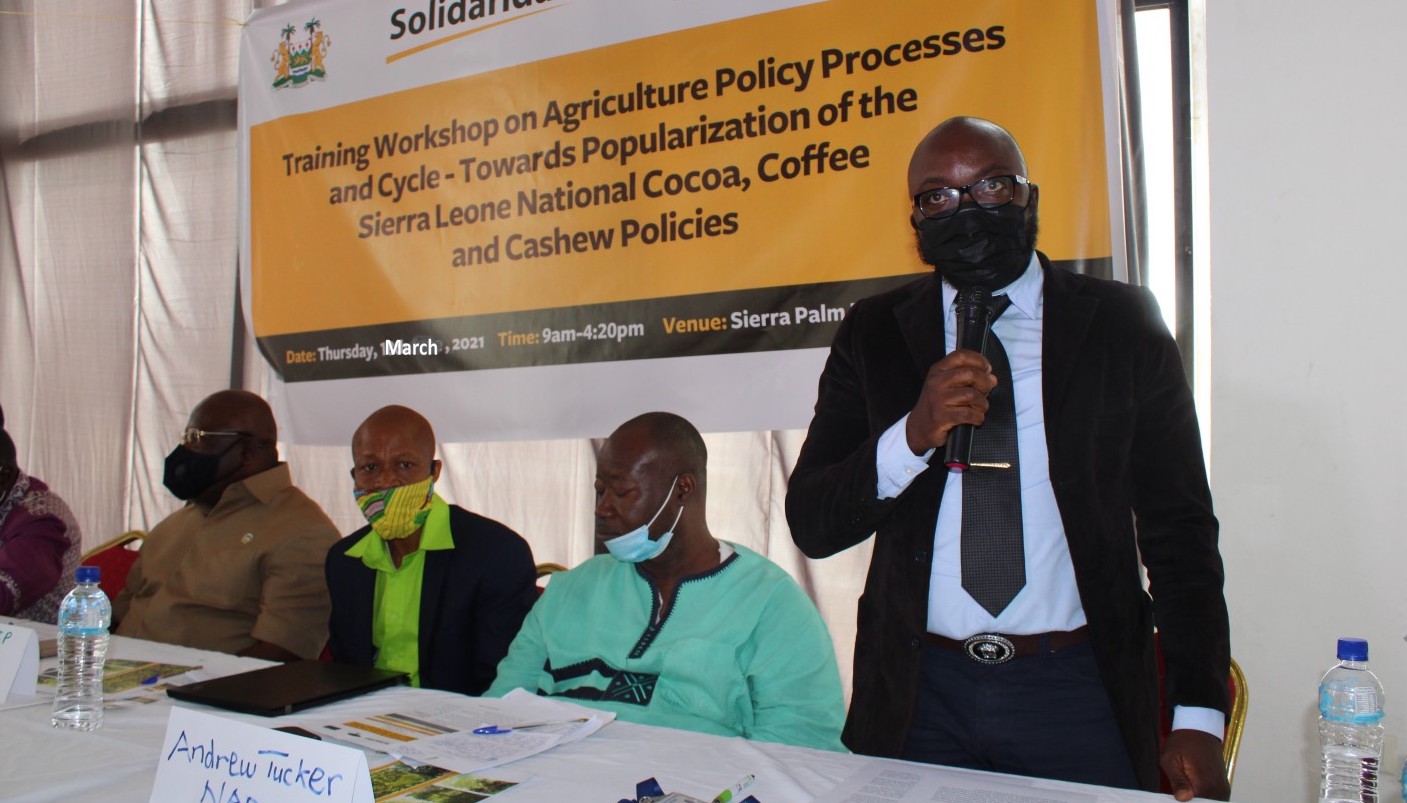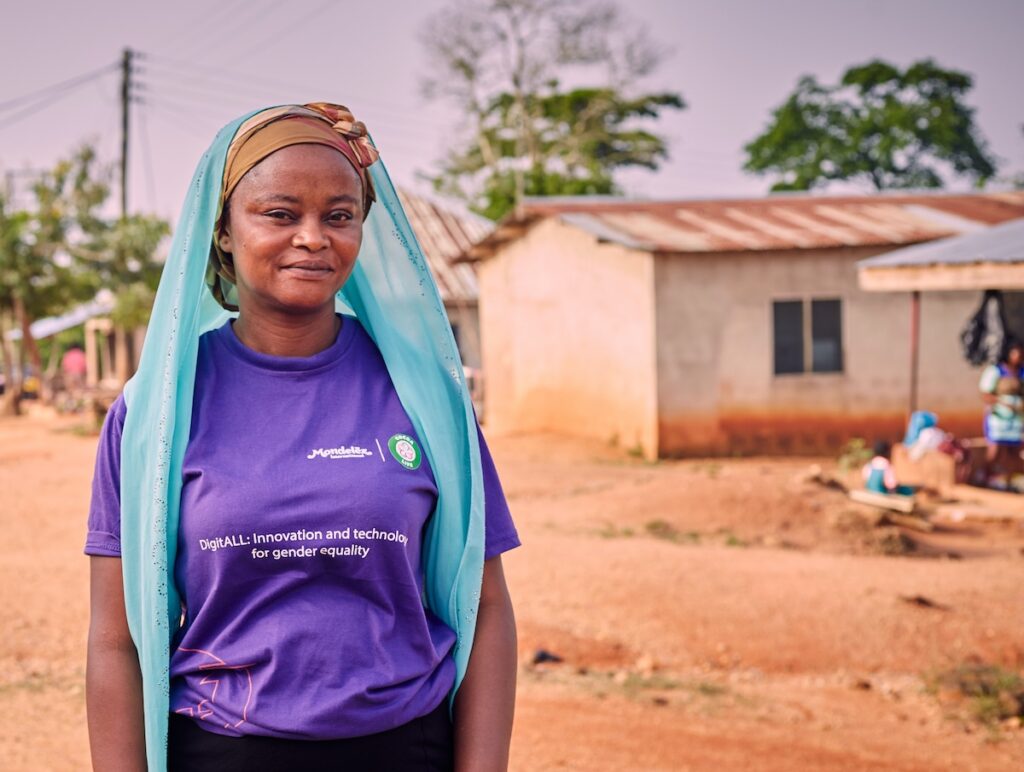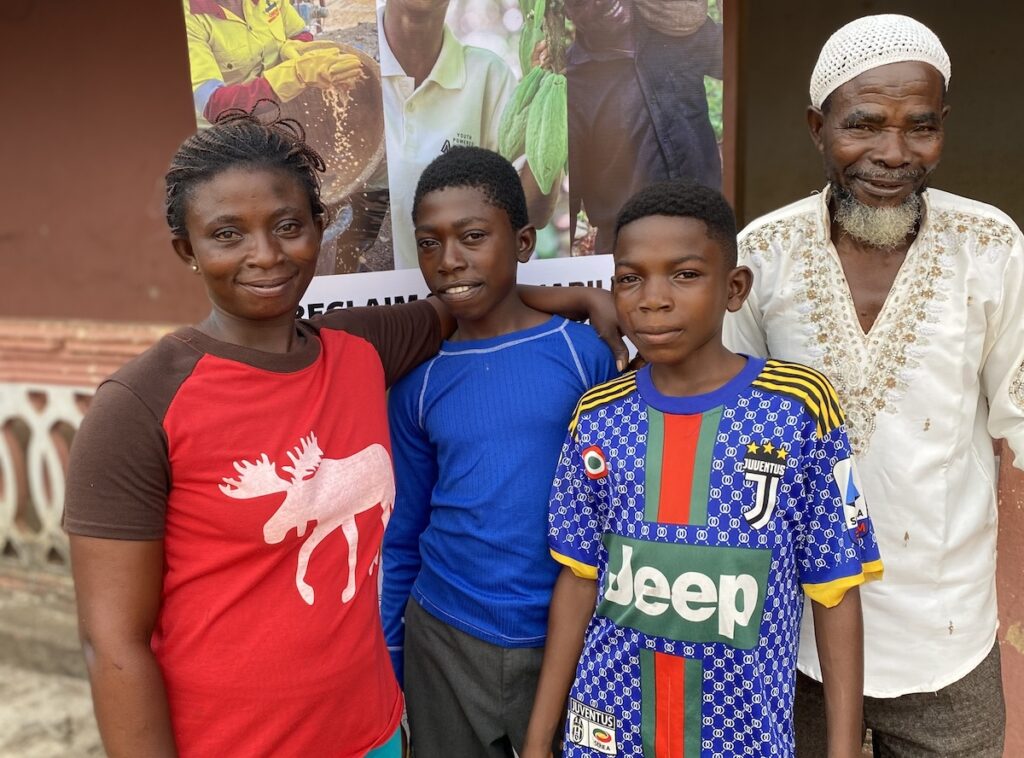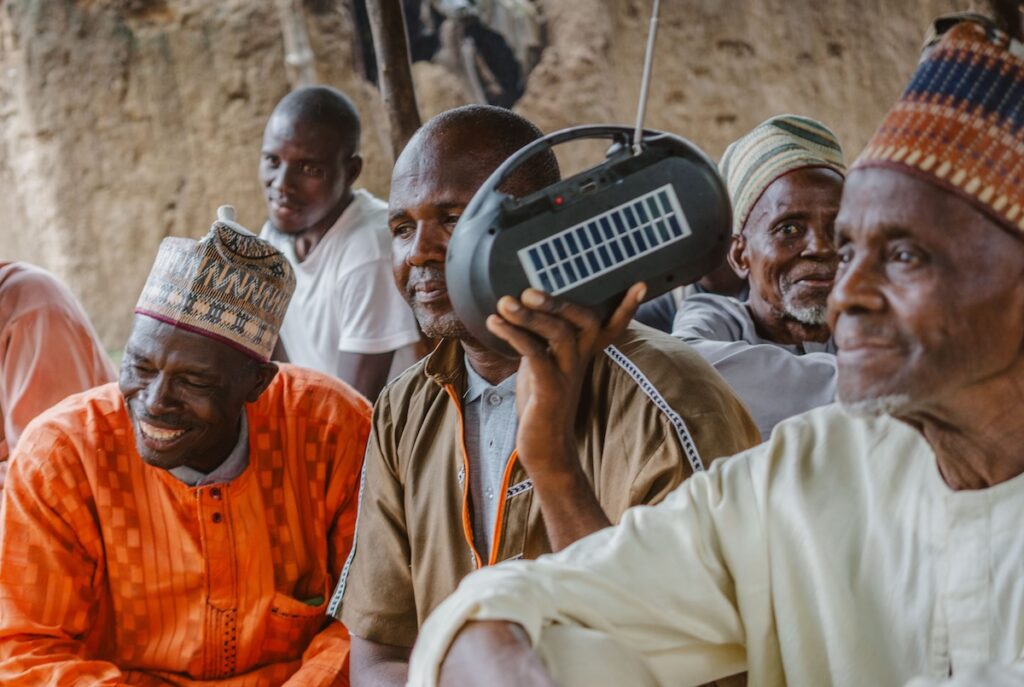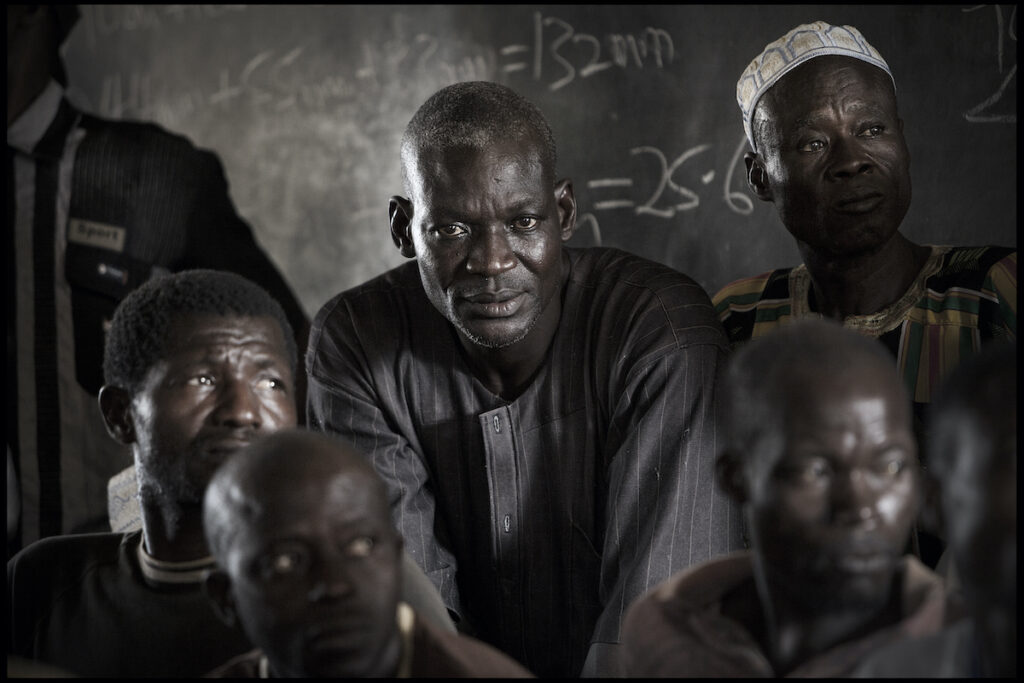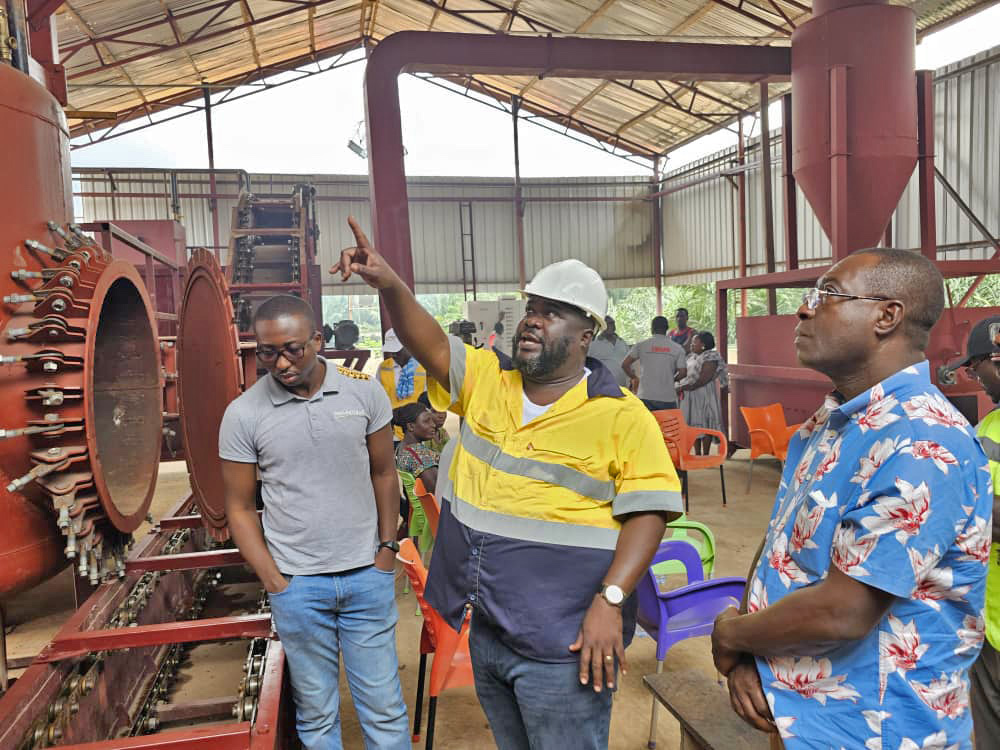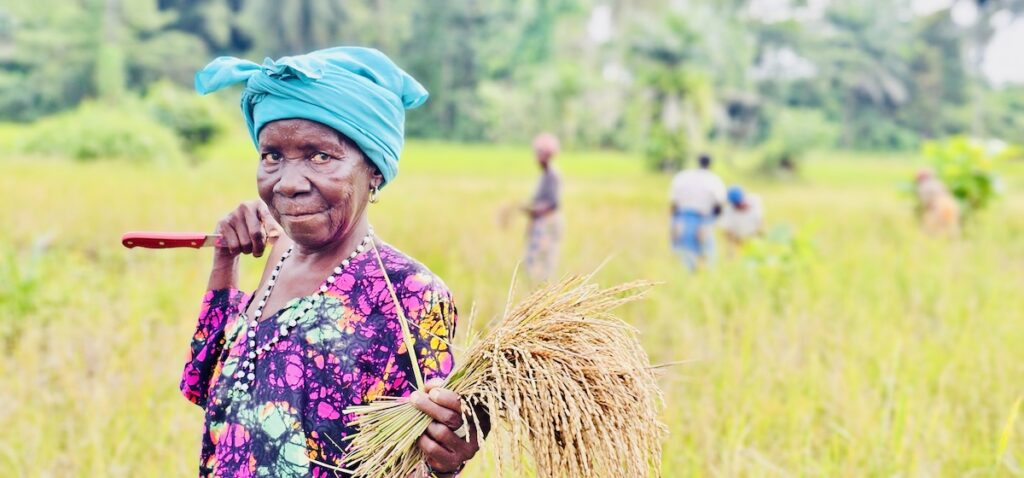Developed by the government with technical support from Solidaridad and other stakeholders, the National Cocoa, Coffee and Cashew Policies provide a comprehensive approach to the sustainable development of the cocoa, coffee and cashew sub-sectors in Sierra Leone by 2023. It also outlines strategies for tapping the full potential of the crops by improving farmers’ incomes and livelihood, creating jobs, addressing food security deficit, and boosting farmers’ sustainable production capacity.
Boosting production and the sector
At a training workshop organized in the capital, Freetown, for key staff of the government ministry, including district agricultural officers, the acting Minister of Agriculture and Forestry, Dr Abubakar Karim encouraged the participants to use the knowledge gained to champion and lead the efforts to popularize the tree crop policies in their respective districts.
“It is important that the contents of these policies are disseminated to farmers as we strive to boost the production of the tree crops, improve farmers’ livelihoods and transform the agricultural sector,” Dr Abubakar said.
He expressed his gratitude to Solidaridad and the Cotton Tree Foundation for collaborating effectively with the ministry to ensure the contents of the policies get to the citizenry.
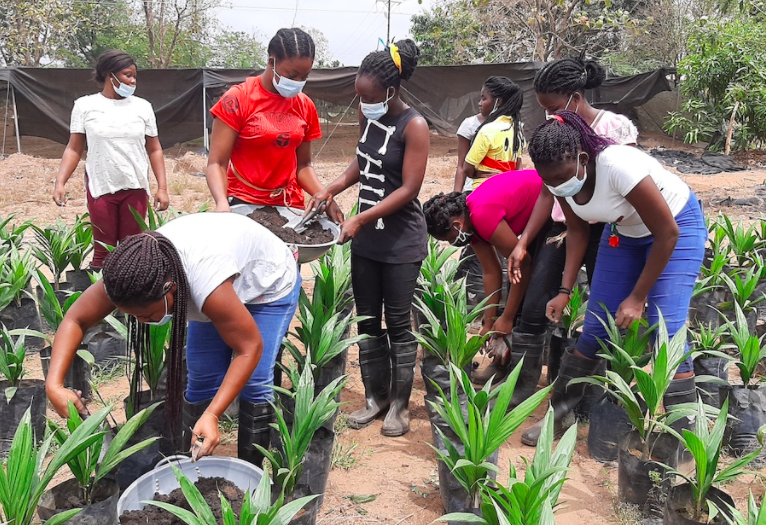
Oil palm training kicks off with youth leaders
500+ youth participate in competency-based oil palm training under Ghana’s Agricultural Technical and Vocational Education Training.
The workshop brought together representatives from the European Union Delegation, the National Authorizing Office, the Produce Monitoring Board, the Sierra Leone Agricultural Research Institute, and the Coordinating Unit of the Boosting Agriculture and Food Security (BAFS) project.
The Union Project Manager, John Abu-Kpawoh, who spoke on behalf of the Delegation, said the EU was delighted that the government prioritized the formulation of the policies. He praised Solidaridad for facilitating the process and complementing the work of the Project Coordinating Unit to popularize the policies.
“I am confident that the effort to create awareness for these policies will bring the much-needed attention and investment to boost productivity in the agricultural sector.”
John Abu-Kpawo, Union Project manager
On his part, Solidaridad Country Representative for Sierra Leone, Nicholas Jengre, said it was necessary to merge these policies into a Sierra Leone National Tree Crops Policy with legal backing. He said this may be a giant step towards establishing the Sierra Leone National Tree Crops Authority to develop the country’s tree crops to harness the consequential benefits.
“Solidaridad is happy to support the government and other stakeholders in this regard and to contribute to an enabling policy environment in Sierra Leone to attract investors, donors and other development partners,” he said.
Dissemination and implementation
An abridged version of the National Cocoa, Coffee and Cashew Policies is being produced for wider dissemination as part of the implementation of the Boosting Agriculture and Food Security (BAFS) project, funded by the European Union and implemented in part by Solidaridad.
The Union also funded the National Cocoa, Coffee and Cashew Policies developed in 2019 through a participatory and inclusive process involving the European Union Delegation, Solidaridad, the BAFS Technical Assistance Team and Project Coordination Unit, the Ministry of Agriculture and Forestry, Ministry of Trade and Industry, Produce Monitoring Board, farmers, and the private sector.

